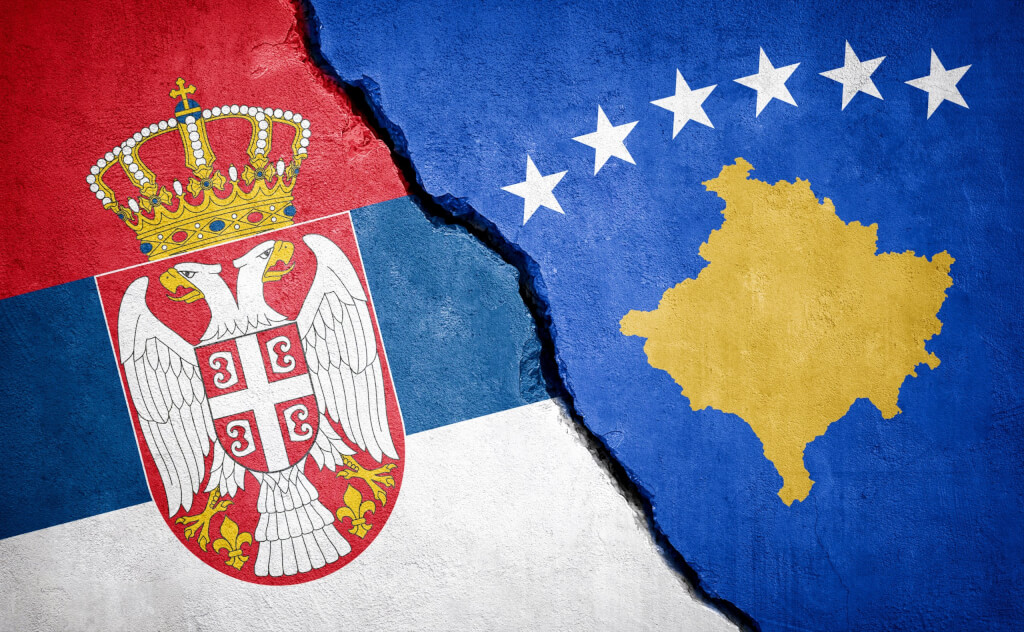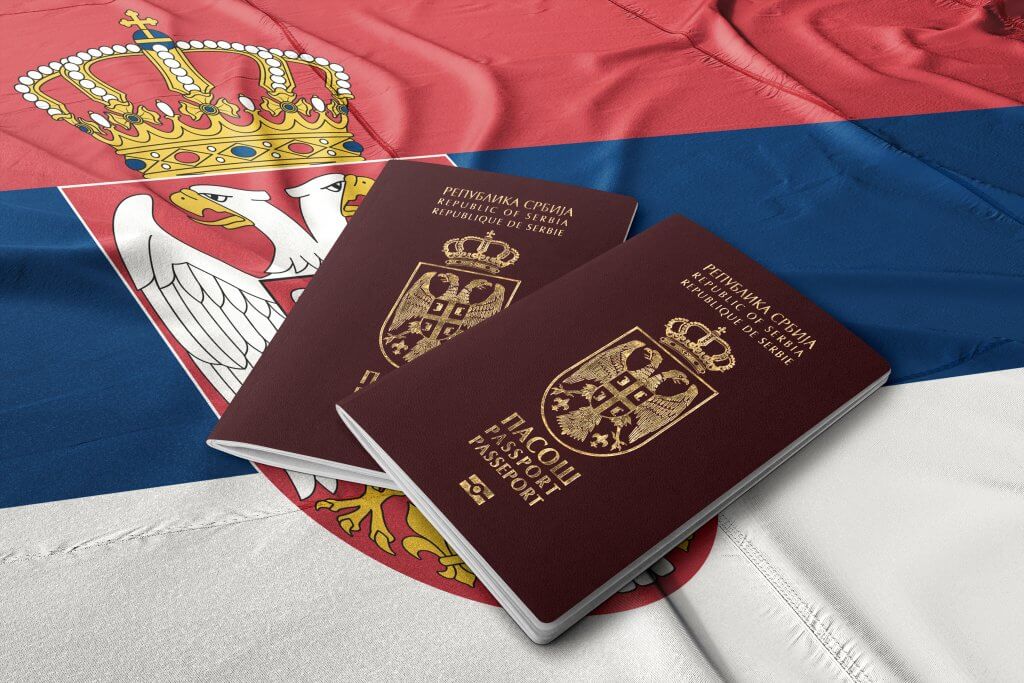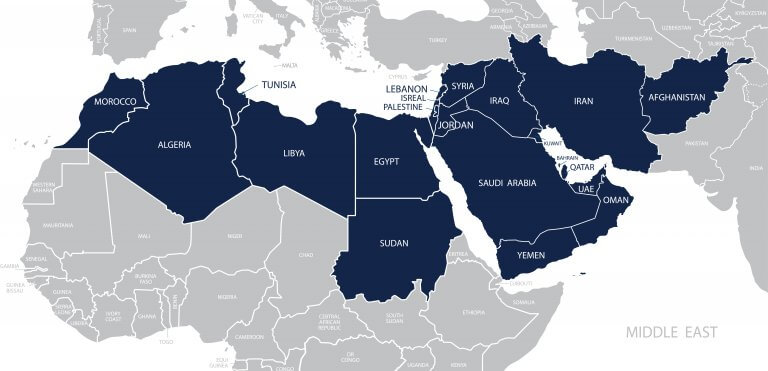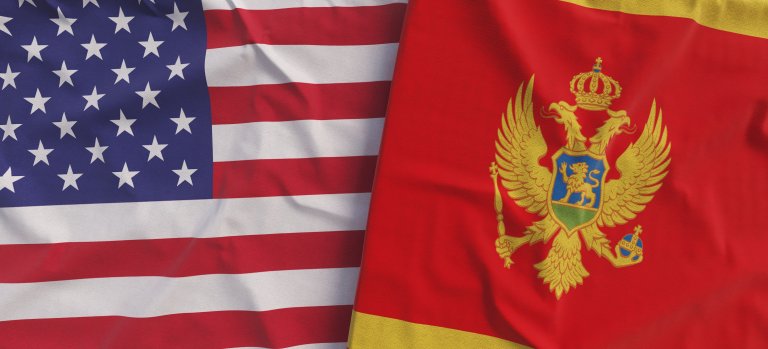
The crisis in Kosovo: an attempt to implement a bloody scenario under the “shadow” of the conflict in Ukraine and the final “false start”
On July 31st, a conflict arose in the partially recognized state of Kosovo, which seriously threatened to create a second hotspot in Europe after Ukraine. Due to its much greater proximity to EU borders, this potential war could have truly catastrophic consequences for security in Europe. A threat of escalation in the near future has passed, but it is clear that the confrontation could now erupt with renewed vigor at any moment.
The parties to the conflict were Serbia, which patronizes the Serbian national minority in this state entity and the Kosovo leadership. As usual, the sides presented two completely opposed versions of events accusing each other of provocation and disinformation. The reason for the conflict was the decree of the Kosovo government that started from 1st of August: documents issued by the Serbian authorities would no longer be valid in the territory of Kosovo. Moreover, the holders of such documents would be given a temporary certificate from the local authorities. This caused discontent among the Serbs living in Kosovo.

Kosovo Albanians and the Kosovo government have taken the position that Belgrade is trying to use their initiative to revoke the documents and the resulting tensions to launch a military operation against a state whose sovereignty is not recognized by Serbia. The Kosovo authorities denied any acts of violence against the Serbian population and reported that there were no reports of injured citizens, no police officers during the tensions and that any such reports were disinformation. Furthermore, the Kosovo police claimed that shots were fired against its officers during the conflict in the North of the country insinuating that it was Serb agitators who were responsible. Kosovo Prime Minister Albin Kurti directly accused Serbian President Aleksandar Vucic of stoking tensions. The Kosovo authorities said they did not see anything wrong in their actions to restrict the validity of Serbian documents and were willing to gradually re-register cars with previously issued Serbian plates.
The Serbs saw the situation differently. The local Serb population, which had already been discriminated by the Kosovo authorities felt seriously threatened. On the evening of July 31st, air-raid sirens sounded in northern Kosovo, a predominantly Serb community. Belgrade announced that the ban of the authorities of the Republic of Kosovo on entering Kosovo with Serbian personal documents and Serbian-issued license plates from August 1st was unacceptable. They considered this situation as an expulsion of Serbs from Kosovo. Moreover, it was reported that the Serbian President Aleksandar Vucic received a threatening letter with demands to recognize the independence of the self-proclaimed republic of Kosovo.
On Serbian TV, the Serbian Director of the Office for Kosovo and Metohija, Petar Petkovic, said that Kosovo was going to unleash an armed conflict against local Serbs and that the local police would conduct a force operation against Serbs living there at midnight. Albin Kurti, the new Prime Minister of Kosovo, has been singled out for a particularly negative role in anti-Serb actions. According to the Serbian side, since March 2021, when he took over as Prime Minister there have been 206 acts of aggression against local Serbs, their property and the facilities of the Serbian Orthodox Church (SOC).
Serbian President Aleksandar Vucic stated that he wanted a peaceful solution about the disagreements, but in case of violence he would protect Serbian citizens by any means. He also confirmed this position in his conversation with the secretary general of NATOJens Stoltenberg. On July 31st, the Serbian Defense Ministry denied reports of military entry into the territory of Kosovo and Metohija and appealed not to spread disinformation “created” by the Kosovo side.
The Serbs saw the events that took place in the North of Kosovo differently and accused the Albanians of violence. On August 2nd, the director of the hospital in Kosovska Mitrovica Zlatan Elek reported that members of the Albanian police special unit armed with automatic weapons detained a Serb near the place where the highway was blocked on July 1st. The driver was transporting medicines and medical supplies from the clinic in Lesak for the hospital in Kosovska Mitrovica. According to him, “the driver was stopped, beaten, detained and taken along with the car to an unknown destination.” On top of this, the Kosovo police opened fire at Serbs in the village of Banje, on the administrative border with Serbia. As recently as July 31st, Kosovo police closed two administrative crossing points to central Serbia in the North of the province due to a road blockade by local Serbs alarmed by the events.
Serbia’s position was initially more reasonable. Aleksandar Vucic has always taken a compromise position between the EU and the U.S. on the one hand and Russia and China on the other. He did not try to show force on the Kosovo issue and sought a gradual integration of the country into the EU. Even if we assume that he might have wanted to return Kosovo to Serbia using the army the timing was definitely not good, as Russia and China immersed in the problems of Ukraine and Taiwan. This situation clearly would not have given him the necessary support. Another clearer indicator was the position of the United States, NATO and the EU, which many times took a more loyal position to Kosovo. But this time, they tried as quickly as possible to stop the conflict and even “alerted” the Kosovo authorities not to cause any tension. This clearly indicated that the aggravation was not just initiated by the Kosovo Albanians, but also by their personal and uncoordinated decision. Apparently, guided by the position of unofficial “advisors” from the U.S., they thought they could implement a plan for the final elimination of the Serbian minority from the country, while the confrontation in Ukraine was going on. They also believed that it would not attract unnecessary attention from the world community.
The reality was different. On August 2nd, NATO Secretary General Jens Stoltenberg tweeted that he was in close contact with Belgrade and Pristina in view of the situation in Kosovo and urged the sides to remain calm. The next day, Stoltenberg spoke with Serbian President Aleksandar Vucic. He did not support the Kosovo government and urged the sides to stick to the EU-mediated dialogue.
The disloyal reaction on the Kosovo authorities was from the UN. Caroline Ziade, the UN Special Representative and Head of the UN Mission in Kosovo said she was concerned about the developments in the province. She urged to prevent further escalation and restore free movement of cars, which Prime Minister Kurti had banned. The international mission under NATO coordination in self-proclaimed Kosovo (KFOR) declared its willingness to intervene in case of escalation of tensions in the North of the Republic. The EU authorities took a similar position. Peter Stano from the European Commission said at a briefing that the European Union is watching with concern the developments in the North of Kosovo. The EC believes that all unilateral measures hindering freedom of movement of citizens must be stopped immediately.
Strange as it may seem, the toughest position for the Kosovo authorities was reaction from some US representatives. Richard Grenell, former US special envoy for the Belgrade-Pristina peace talks, said that many people in the self-proclaimed Kosovo are not happy with Prime Minister Albin Kurti. Grenell said that he has “many friends in Kosovo who are very angry with Kurti.” He also called Ukrainian MP Goncharenko “insane” in response to his message in which he said that if Serbia invades self-proclaimed Kosovo, Kiev should stand up for the Kosovars, including by military means. The US authorities also officially called on the Kosovo authorities to postpone for a month the ban on entry with Serbian plates and documents.
Under such pressure, the Kosovo authorities were forced to abandon their initiative and their plan essentially failed. Already on August 1st, Serbian President Aleksandar Vucic said he expected tensions to ease, and so it happened. The ban was postponed for a month until September 1st. All barricades in northern Kosovo had been removed by the evening of August 1st and the two previously blocked checkpoints were reopened. On August 2nd, a Serbian driver of a hospital car in Kosovska Mitrovica, who was detained by police in the self-proclaimed republic of Kosovo, was released.

Such a harsh U.S. reaction was due not only to the self-interest of the Kosovo authorities, but also to fears of a negative reaction on the part of the EU authorities. The European Union is the most important ally of the U.S. in countering Russia in the conflict in Ukraine. The main argument of the EU’s efforts in Ukraine is to stop the war at the EU’s borders. If U.S. protégés in Kosovo started a similar conflict, it would completely cancel out the value of these attitudes. In fact, the Kosovo Albanians could have put the U.S. and the EU at odds and create tension between their “patrons”. Europeans were apprehensive about the project of an independent Kosovo even in the early 2000s. Today, as the world has become much more unstable, this distrust has become much stronger.
Peace in the Balkans is extremely important for the EU, and a repetition of the “Ukrainian scenario” would be a major problem for Europeans. Albanians have a bad reputation in European society as “professional criminals,” and this can be confirmed by the high statistics of corruption and violent crimes. These are the factors that hamper the country’s accession to the EU. Kosovo was created by undisguised members of the Albanian mafia, such as Hashim Thaci and Ramush Haradinaj. Kosovo wants to apply to the EU as early as this year, but the prospects for a partially recognized state with a reputation of being a nest of drug and organ trafficking look dubious. Especially since five EU countries, including Slovakia, Spain, Romania, Greece and Cyprus, do not recognize the independence of this state. During his recent visit to Albania, Spanish Prime Minister Pedro Sanchez recalled that he would never recognize Kosovo’s sovereignty. Serbia and Kosovo were one step away from war on July 31st. The U.S. will have to choose between its “allies'” desire to drive the last Serbs out of Kosovo and the risk of losing the loyalty of the entire European Union, and to “slow down” the Kosovars in the future. For Americans, the value of partnership with the EU, where Kosovo is skeptically considered, is of course much higher.

